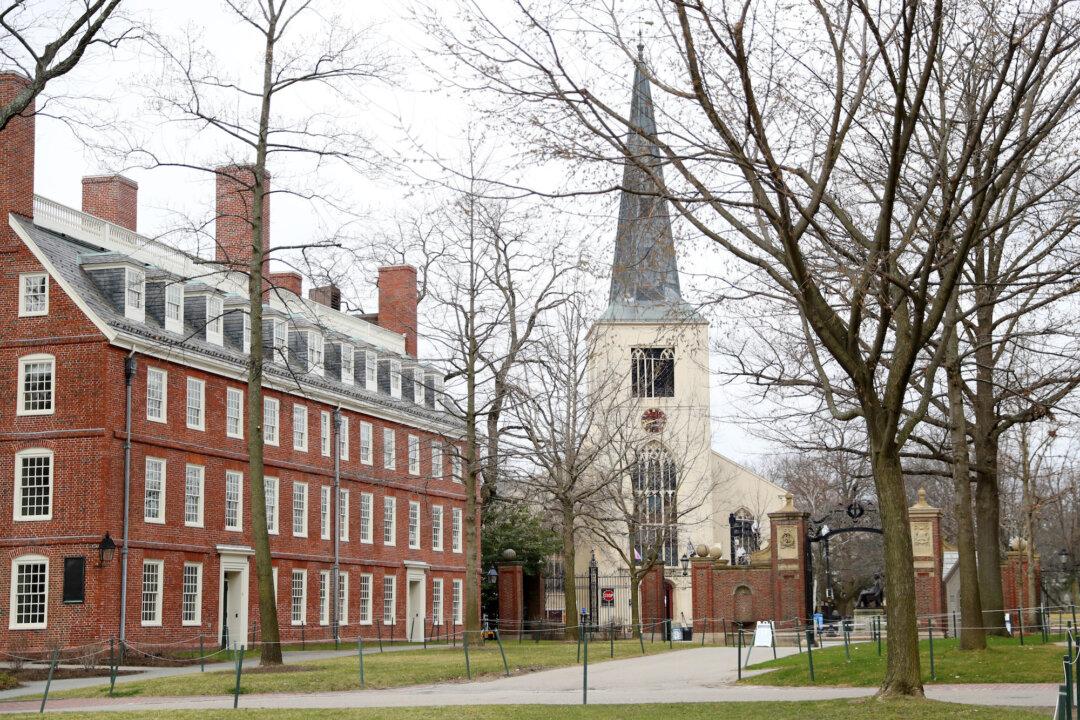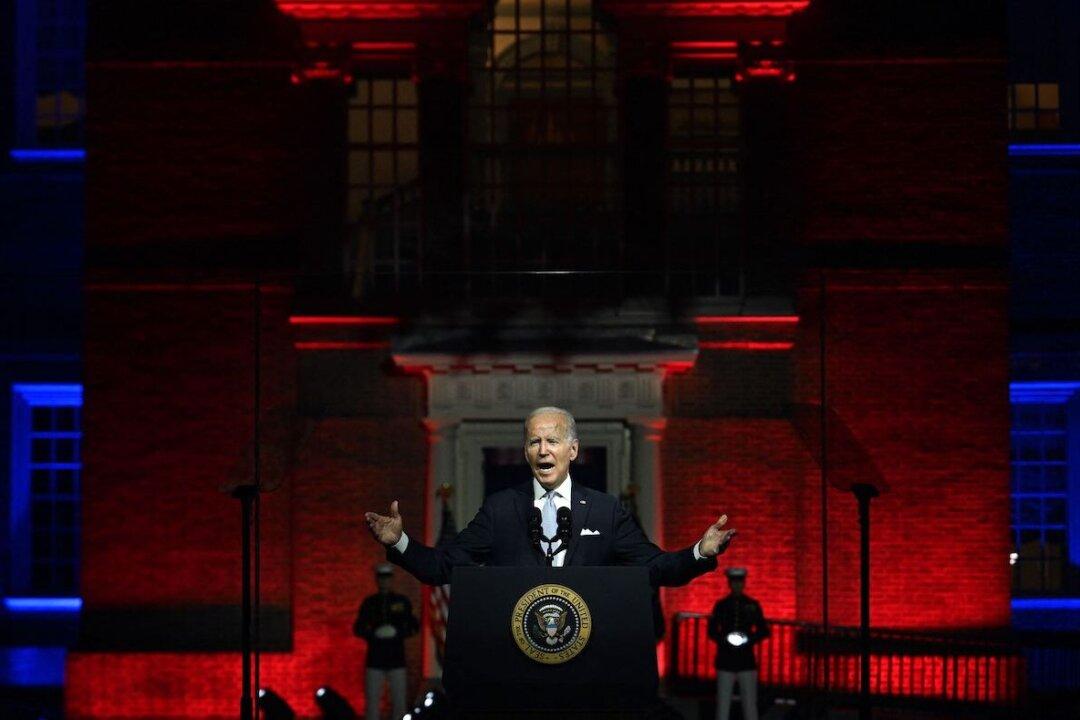Commentary
The Supreme Court is to hear two cases—against Harvard and the University of North Carolina—that call into question the use of race-based affirmative action. Students for a Fair Admissions (SFFA) ask the court to hold that institutions of higher education cannot use race as a factor in admissions.





